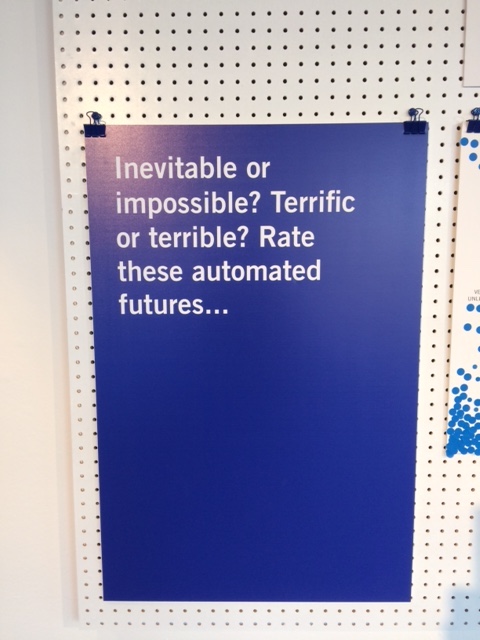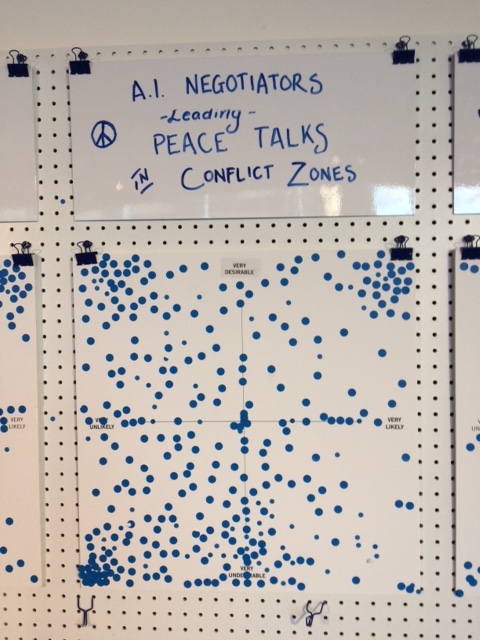Gender Bias: Watching your Language in the Workplace
13th July 2017 | By Grainne |
I was at an event this week looking at the progress of women in Tech and issues around gender bias in the workplace. One of the key takeaways for me was how language is powerful in creating unconscious responses about gender appropriateness for roles in the workplace. We were shown a job advert and asked to identify the gender bias; words such as ‘dominant’, ‘challenging’, ‘boasting’ were identified as masculine language. It was clear that for many of the women attending, this language was not off-putting. But they are probably women who have advanced in male dominated workplaces anyway. The issue is that such language does dissuade many women for applying for jobs and in turn that reduces the pool of women for selection. So we need to heighten our awareness of the language used in and about our workplaces.
I found this info graphic* thought provoking. Have a look and ask yourself how often these words are used about women in your workplace.
*Catalyst. Flip the Script: Women in the Workplace. New York: Catalyst, February 7, 2017.










